When it comes to investing, understanding the fundamentals of a company is crucial. Booz Allen Hamilton (ticker: BAH), a tech-focused consulting firm, has captured investor attention for its unique role as a trusted partner to the U.S. government. But is it a dividend compounder with long-term growth potential, or does its recent sell-off indicate deeper challenges? Let’s explore.
What Makes Booz Allen Hamilton Unique?
Founded in 1914, Booz Allen Hamilton holds a storied history, particularly in advising the U.S. military during pivotal moments like World War II. Over the decades, the firm has solidified its reputation as a trusted advisor to Uncle Sam. Today, 98% of Booz Allen’s revenue—around $11 billion annually—is generated through government contracts, including partnerships with military, civil, and intelligence agencies.
Business Model and Key Offerings
Booz Allen operates predominantly in the consulting and advisory space, filling skill gaps in government agencies through contracts. While it’s pivoting to position itself as a tech company, the core of its work lies in:
- Staff Augmentation: Assigning consultants to work on-site as project-specific contractors for government agencies.
- AI and Digital Transformation: Implementing cutting-edge technology solutions for various federal departments.
- Classified Projects: 70% of Booz Allen employees hold secret clearances, emphasizing its role in sensitive government initiatives.
This blended model ensures predictable revenue through fixed-price contracts, while its low capex requirements allow it to focus on talent and technology investments.
Financial Highlights
Booz Allen’s fundamentals showcase strength despite the current market sell-off:
- Revenue Growth: Fiscal Year 2024 revenue is forecasted to grow by 12.5%, driven by increasing government demand for tech-focused solutions.
- Profitability: Expected EBITDA growth of $1.3 million and an EBIT margin of 11%.
- Free Cash Flow: Projected at $900 million for Fiscal Year 2024, emphasizing its ability to generate cash while managing costs.
- Employee Strength: With 35,000 employees, the company boasts a robust talent pool, particularly in IT and AI solutions.
Why the Sell-Off?
Despite strong financials, Booz Allen’s stock has faced a 30% decline since late 2024. The downturn stems from broader market fears about reliance on government contracts and increasing competition. However, periods of uncertainty often bring opportunities for long-term investors.
Competitive Edge and Risks
Strengths:
- Economic Moat: Booz Allen benefits from deep-rooted relationships with U.S. government agencies and classified project involvement.
- Technological Investment: With $3 billion invested in R&D and advanced technology, Booz Allen is increasingly embracing innovation.
Challenges:
- Government Dependency: 98% of revenue comes from federal contracts, leaving little diversification.
- Competition: Rivalry from firms like Deloitte, Accenture Federal Services, and IBM could pressure margins.
Conclusion: Buy, Hold, or Pass?
Booz Allen Hamilton offers an attractive investment proposition for those seeking exposure to government-backed stability and technological innovation. While its reliance on federal contracts poses some risk, its consistent financial performance and forward-looking R&D investments highlight its long-term growth potential. For investors with patience and an appetite for value, this may be a stock worth further consideration.
https://youtu.be/FeJ3ipYpctk?si=gqtIviNU2EYbLI97
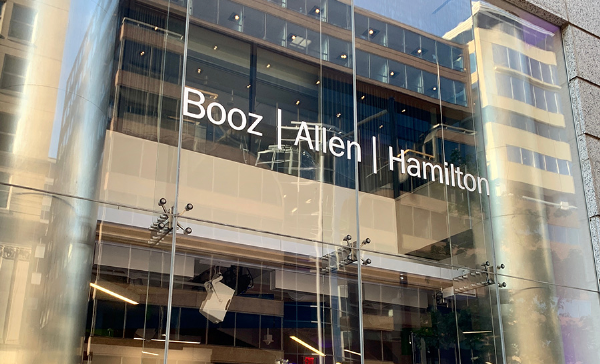







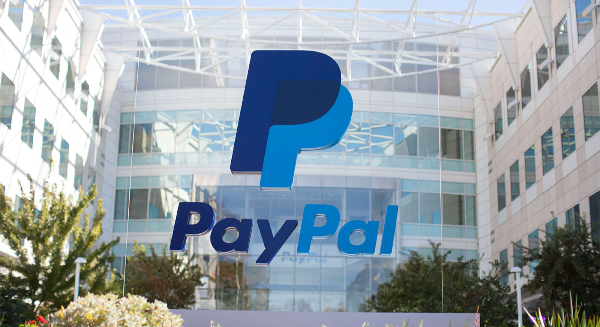

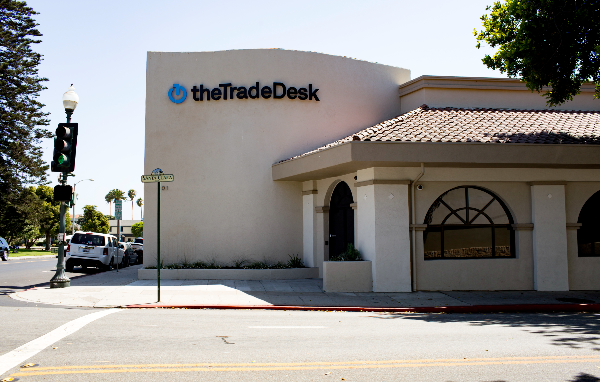






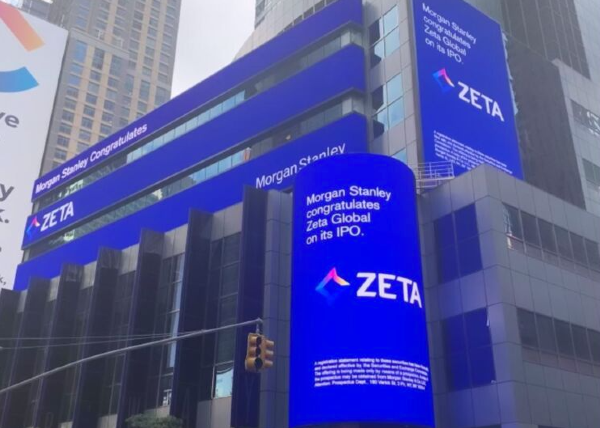



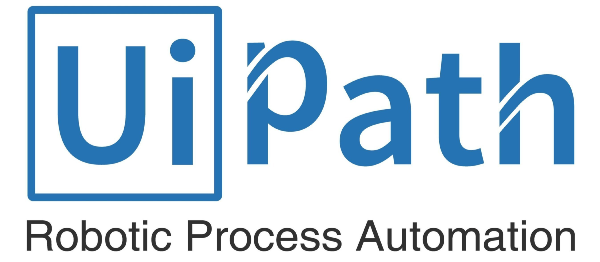
When it comes to investing, understanding the fundamentals of a company is crucial. Booz Allen Hamilton (ticker: BAH), a tech-focused consulting firm, has captured investor attention for its unique role as a trusted partner to the U.S. government. But is it a dividend compounder with long-term growth potential, or does its recent sell-off indicate deeper challenges? Let’s explore.
What Makes Booz Allen Hamilton Unique?
Founded in 1914, Booz Allen Hamilton holds a storied history, particularly in advising the U.S. military during pivotal moments like World War II. Over the decades, the firm has solidified its reputation as a trusted advisor to Uncle Sam. Today, 98% of Booz Allen’s revenue—around $11 billion annually—is generated through government contracts, including partnerships with military, civil, and intelligence agencies.
Business Model and Key Offerings
Booz Allen operates predominantly in the consulting and advisory space, filling skill gaps in government agencies through contracts. While it’s pivoting to position itself as a tech company, the core of its work lies in:
This blended model ensures predictable revenue through fixed-price contracts, while its low capex requirements allow it to focus on talent and technology investments.
Financial Highlights
Booz Allen’s fundamentals showcase strength despite the current market sell-off:
Why the Sell-Off?
Despite strong financials, Booz Allen’s stock has faced a 30% decline since late 2024. The downturn stems from broader market fears about reliance on government contracts and increasing competition. However, periods of uncertainty often bring opportunities for long-term investors.
Competitive Edge and Risks
Strengths:
Challenges:
Conclusion: Buy, Hold, or Pass?
Booz Allen Hamilton offers an attractive investment proposition for those seeking exposure to government-backed stability and technological innovation. While its reliance on federal contracts poses some risk, its consistent financial performance and forward-looking R&D investments highlight its long-term growth potential. For investors with patience and an appetite for value, this may be a stock worth further consideration.
https://youtu.be/FeJ3ipYpctk?si=gqtIviNU2EYbLI97